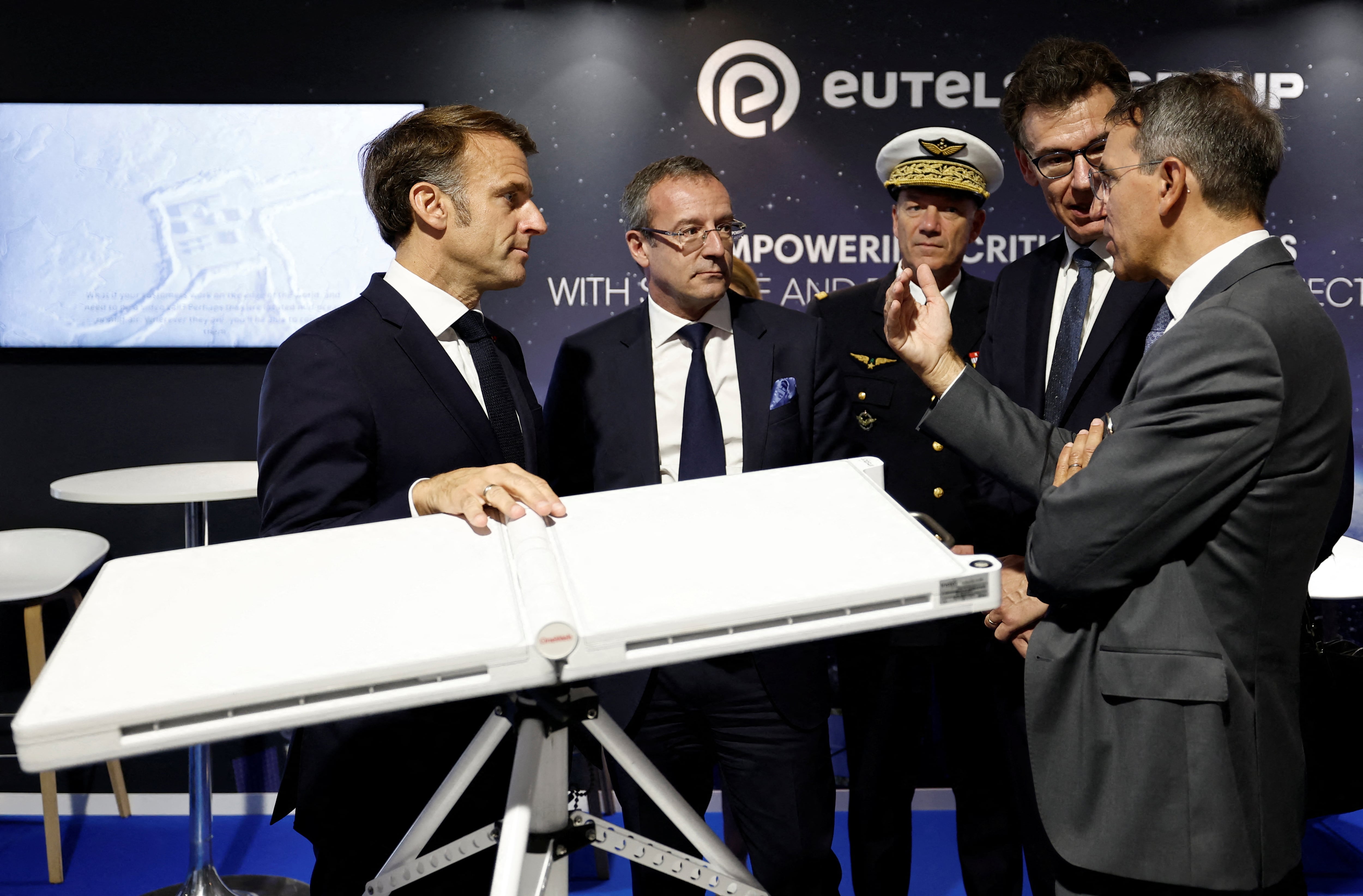Artificial intelligence is meeting its next match: aerial dogfighting.
The Defense Advanced Research Projects Agency wants to automate air-to-air combat, which would free pilots to concentrate on the larger air battle creating a human-machine team.
DARPA created the Air Combat Evolution (ACE) program to take on this project. While agency leaders acknowledge aerial dogfighting will be a less frequent occurrence in the future, the program centers on creating pilot trust in AI dogfighting.
“Being able to trust autonomy is critical as we move toward a future of warfare involving manned platforms fighting alongside unmanned systems,” Air Force Lt. Col. Dan Javorsek, ACE program manager in DARPA’s strategic technology office, said in a May 8 press release. “We envision a future in which AI handles the split-second maneuvering during within-visual-range dogfights, keeping pilots safer and more effective as they orchestrate large numbers of unmanned systems into a web of overwhelming combat effects.”
Training artificial intelligence systems will begin just like training human pilots, with basic fighter maneuvers and one-on-one scenarios. Also, like training human pilots, teaching these systems will require close monitoring with subject matter experts..
“Only after human pilots are confident that the AI algorithms are trustworthy in handling bounded, transparent and predictable behaviors will the aerial engagement scenarios increase in difficulty and realism,” Javorsek said in the press release. “Following virtual testing, we plan to demonstrate the dogfighting algorithms on sub-scale aircraft leading ultimately to live, full-scale manned-unmanned team dogfighting with operationally representative aircraft.”
Military leaders are increasingly working to have soldiers and sailors trust artificial intelligence. During a September flight test, the Navy’s MQ-4C Triton unmanned maritime reconnaissance aircraft experienced a problem with its engine, flew back to its base in California and landed within three feet of its target. Navy leaders said the fact that the unmanned tanker’s systems were able to recognize a problem and could return safely would help boost confidence in unmanned technology in the future.
DARPA hopes to collaborate with a large swath of proposers for this project. To do this, they will hold what they are calling “AlphaDogfight Trials,” which will be put on by AFWERX, an Air Force innovation catalyst, and pit AI dogfighting algorithms against each other in a tournament-style competition.
Kelsey Reichmann is a general assignment editorial fellow supporting Defense News, Fifth Domain, C4ISRNET and Federal Times. She attended California State University.








